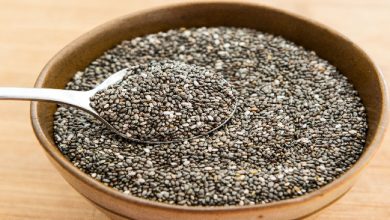Understanding and Managing Burping: Identifying Causes and Solutions

Burping, a common bodily function, can sometimes catch us off guard, leading to questions about its causes and implications. Nutritionist Neha Sahaya sheds light on this natural process in an Instagram post, unraveling the mysteries behind burping and providing insights into the foods and habits that may contribute to it. Contrary to popular belief, burping is a natural mechanism that releases excess air trapped in the stomach, and understanding its triggers can help manage and minimize its occurrence.
Causes of Burping:
Swallowing Air: Unintentionally swallowing air during rapid eating or gum chewing can contribute to excess air in the stomach, manifesting as burps.
Carbonated Beverages: Consuming carbonated drinks introduces dissolved carbon dioxide gas, forming bubbles in the stomach that may be released as burps.
Overeating: Large meals exert pressure on the stomach, causing it to expand and release excess gas through burping.
Digestive Disorders: Conditions like gastroesophageal reflux disease (GERD), gastritis, or peptic ulcers can lead to increased burping as a symptom.
Smoking: The act of smoking tobacco products introduces air into the digestive system, contributing to burping.
Certain Foods: Gas-producing foods such as beans, cabbage, broccoli, onions, and carbonated beverages can contribute to burping. Additionally, sulphur-containing foods like Brussels sprouts, cauliflower, garlic, dairy products, milk, and beer may lead to burps with an unpleasant odour resembling rotten eggs.
Understanding the diverse causes of burping allows individuals to make informed choices about their eating habits and lifestyle, minimizing the occurrence of this natural bodily function.






